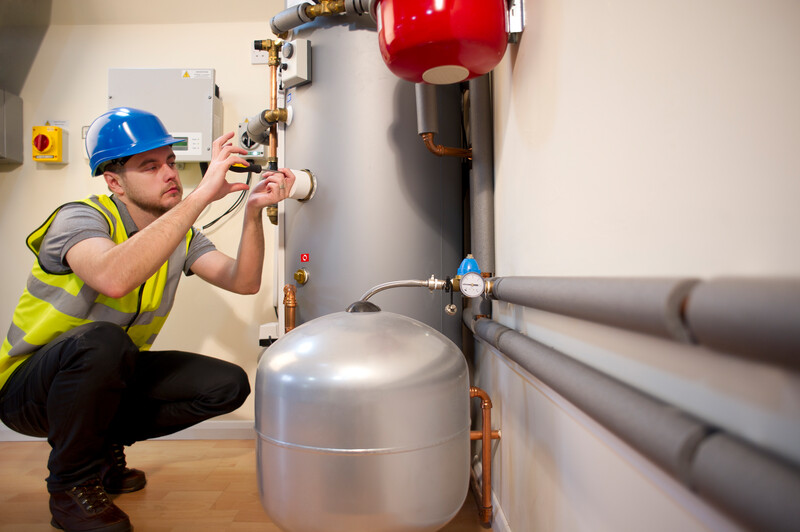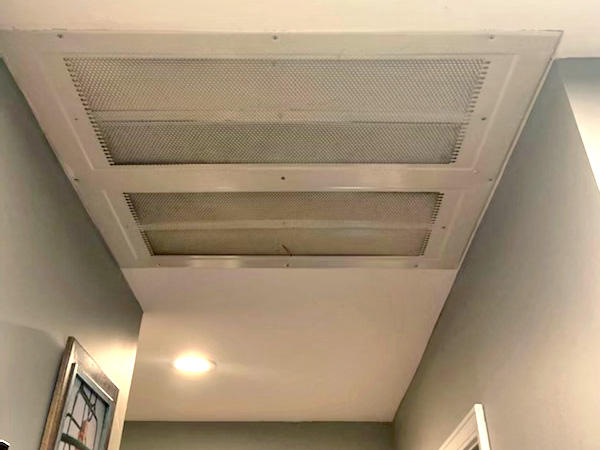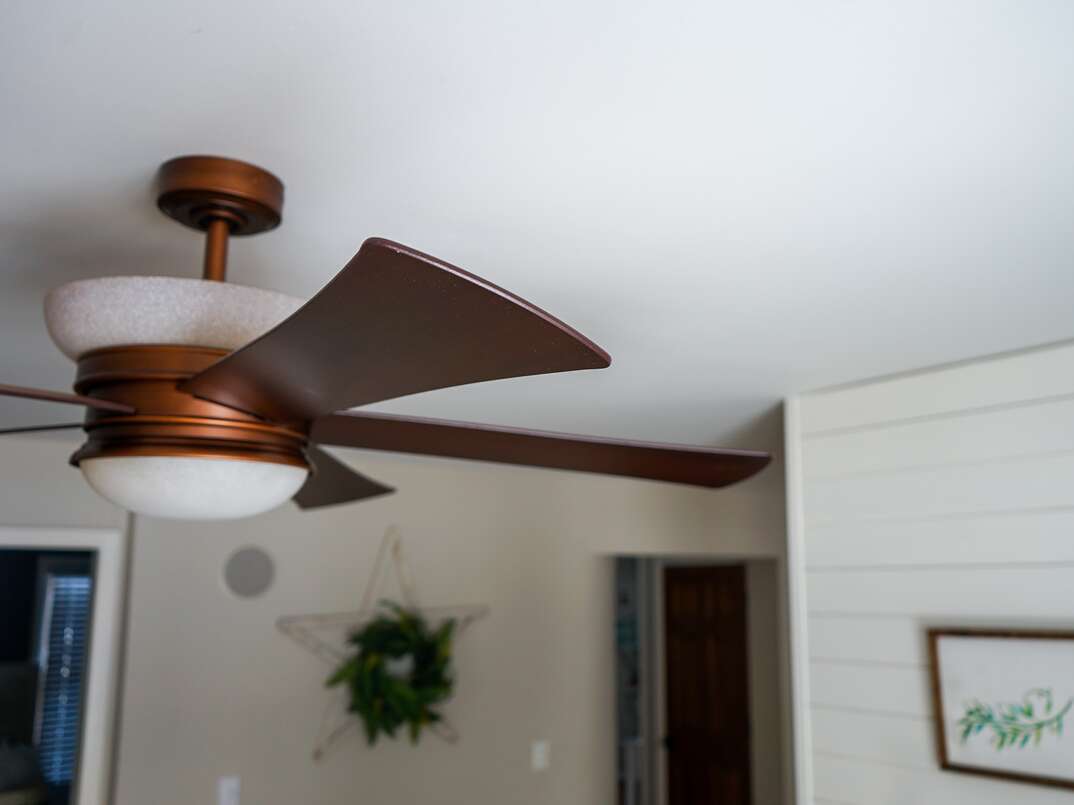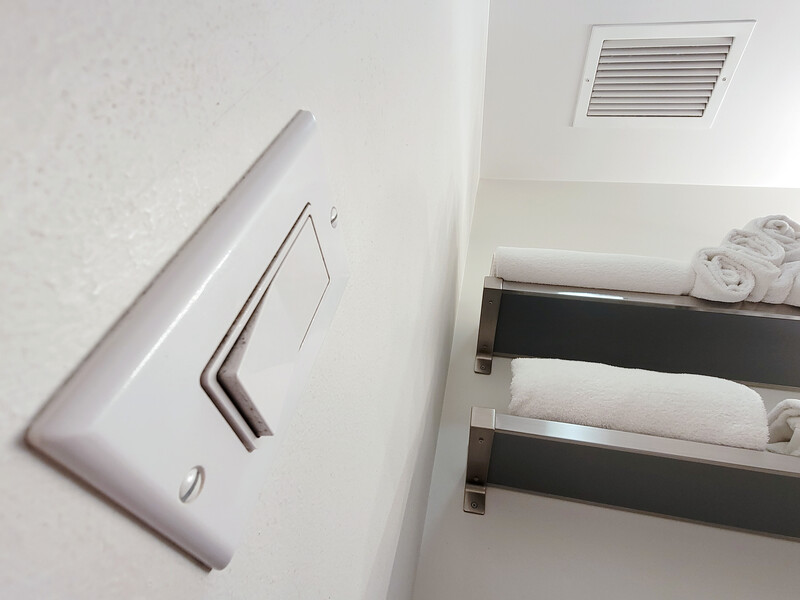How Much Does It Cost to Install or Replace a Boiler?

Boiler Costs at a Glance:
- Typical range: $2,700-$7,700
- Low-to-high, depending on fuel type: $370-$20,000
- Typical lifespan: 10-20 years
- Recommended service interval: Annually
- Boiler pump replacement: $400-$750
- Typical pump lifespan: 10-20 years
Boilers are an energy-efficient and environmentally friendly way of heating your home. They work by boiling cold water by passing it through a series of heated pipes, then distributing that hot water throughout the pipes in your home to radiators. Just like everything else in your household, your boiler will eventually need to be replaced.
This May Also Interest You: Everything to Know About Boilers
To calculate how much it’ll cost to replace your boiler, you’ll need to take the price of the boiler plus installation into account. Read on to get an idea of how much a boiler replacement’s going to set you back.
Types of Boilers
- Steam boiler
- Hot water boiler
- Natural gas boiler
- Electric boiler
- Condensing boiler
Boiler Prices
Boiler prices can range dramatically, from $2,700-$7,700 on average. Those prices don't include labor and installation costs. Depending on the fuel type your boiler uses, you can estimate costs to be:
- $4,800-$6,700 for an oil model
- $370-$10,000, propane gas
- $1,500-$6,500, electric
- $6,000-$20,000, wood
Oil-burning boilers typically run higher than most gas furnaces because it necessitates the installation of an oil-supply tank.
Propane and gas boilers are the most popular types and are the easiest to find parts and service for. You’ll need a gas line to connect to in order to run this type of boiler.
Electric boilers tend to be less-costly than others. While they are energy efficient, electric models can be slower to generate heat.
Wood boilers are the most expensive. They burn wood outside the home to heat water and circulate throughout your household. This type of boiler is good for off-grid systems.
To be sure you’re getting a good deal on your boiler, shop around. Contact different sellers to compare prices and service plans.
When Should You Replace Your Boiler?
Some considerations for when you should replace your boiler include the age of the unit, energy bill prices, discoloration and your comfort inside the home.
Age
If your boiler gets regular maintenance, you can expect it to operate for about 10-15 years. If it’s more than 25 years old, it may be time to replace it.
Energy Bills
If you notice that your heating bills are rising or you have to keep servicing your boiler outside normal intervals, it may be time for a new one.
Discoloration
If you notice yellow flames on the gas burners or black soot on the oil burners, it could be a red flag that the fuel isn’t burning properly — and could be creating carbon monoxide. In this case, contact a technician or your gas company as soon as possible.
Comfort
If you’re noticing that some rooms in your home are really hot while others are cold and you can’t seem to get them all to a comfortable temperature, you may have a boiler issue.
If you suspect your boiler is malfunctioning, consult a technician. They can further assist you and advise you on how to proceed.
How Long Should a Boiler Last?
As mentioned above, the average lifespan of a boiler is 10-15 years, but a conventional cast-iron boiler typically has a longer lifespan of 20 years. Some people manage to stretch the lifespan of their boiler by ensuring regular annual maintenance is done on it by a licensed technician. An specialist can check for signs of trouble such as small leaks and ensure the boiler is running as intended. When your boiler repair costs start adding up, it might be time to consider getting a new one.
How Often Should a Boiler Be Serviced?
Having your boiler serviced when there doesn’t appear to be a problem may seem unnecessary, but it can help lengthen the appliance’s lifespan. Professionals agree that a boiler should be serviced at least once a year. This service can help you prevent unforeseen problems with your boiler and keep it running efficiently.
Replacing a Boiler Yourself
Can you change a boiler yourself? Yes. Is it advisable? No.
It’s critical that a boiler is installed correctly the first time. To that end, hiring a licensed, professional technician can be worth every penny. Aside from safety considerations, the benefits of having a specialist to do the installation are several.
A professional installation will ensure your boiler performs at maximum efficiency, which will be reflected on your monthly utility bills. Meanwhile, because manufacturers in some cases will void your boiler’s warranty if a non-licensed person performs the installation, be sure to read the fine print before you do it yourself.
Conferring with a pro will also ensure that you get the right type and size boiler for your home, as well as an ongoing service plan.
Given all that, the benefits of DIY installation simply don't justify the risks. In this case, it’s best to spend the extra money to have peace of mind.
Cost of a Pump
A boiler's pump uses impellers to circulate water back to the boiler, where the water can be reheated. The pump has a water flow inlet and an outlet. The inlet is where the hot water enters to be pressurized and the outlet is where the water exits to flow throughout your home.
Your pump should last, on average, between 10 and 20 years. If you notice it’s making a lot of noise or that your radiators aren’t being heated up properly, you should call a professional to check your pump. The cost of a pump replacement could be as little as $400 up to $750 or more, with parts and labor.
Do I Need to Replace My Radiators, Too?
All radiator systems provide heat through heat exchange and natural convection. In a radiator system, the heat source (gas, oil or electricity) heats up a heat exchanger in the boiler. This, in turn, heats up water in the boiler. The water then travels to the radiators and transfers its heat to the radiator material, which is typically metal.
When replacing your boiler, it’s recommended to also upgrade your radiators, especially if they’re more than 15 years old. A common issue with old radiators is corrosion on the inside. When water runs through the boiler, pipes and radiators, it reacts with metal and, over time, can cause small pieces of metal to break off in the water. These flakes can rest in the bottom of your radiator and cause sludge, resulting in your heating bills going up and your radiator not heating properly.
Is Your Boiler Energy-Efficient?
If you’re buying a new boiler or considering one, efficiency should be a major consideration. To make sure you make an economical purchase, check for the Energy Star rating. A well-rated boiler should run efficiently, whereas a poorly rated model will be less-efficient. It may make sense to proactively replace your boiler with a newer model that has a good efficiency rating if your boiler is older and not EnergyStar-certified.
Don’t get burned financially when it comes time to replace your boiler. Call HomeServe and see if one of our home maintenance and repair plans suits your household’s needs.


